 Some 44 advertising, marketing, public relations, and politics and media undergraduates present their dissertation research at the Fifth Annual Promotional Communications Conference on 20 May at the Executive Business Centre.
Some 44 advertising, marketing, public relations, and politics and media undergraduates present their dissertation research at the Fifth Annual Promotional Communications Conference on 20 May at the Executive Business Centre.
The conference is a capstone event for the Corporate and Marketing Communications Department (CMC) within the Faculty of Media and Communication and is an opportunity to showcase the work of our undergraduate dissertation students. This year we expect more than 100 delegates, including our students and staff, but also industry partners and some mums and dads.
They’ll hear papers on the latest industry issues and trends from our students. Students are presenting their research on topics including what it means to be and the implications of brands being ‘cool’, the cost of unpaid internships on the advertising industry, using social media to communicate science, attitudes toward and the stigmatization of mental illness, how lad culture also hurts men, impulse buying on line, and so much more.
And we’ll all be treated to talks from two outstanding industry representatives: Camilla Kemp, COO at M&C Saatchi and BU Public Relations graduate Rosie Warin (’09), who is is co-Managing Director of Global Tolerance.
“We created the conference to offer students an opportunity to share the work they’ve done on a project that culminates their studies, and we enjoy showcasing that hard work,” said Dr Richard Scullion, CMC head of department.
The department, which offers undergraduate and postgraduate taught degrees in advertising, marketing communications, public relations, and politics and media, created the conference as an opportunity for students to choose to, in addition to the written dissertation, present their research to colleagues on their course, academics and guests from the promotional communications industries. And again this year we’ll welcome proud parents and friends to the event.
In addition to the conference, CMC launched the Journal of Promotional Communications in 2013. The journal is an open-access, online journal that, since the first edition, accepts submissions from undergraduates and postgraduates from BU and beyond. Research published there can come from a variety of disciplines, such as marketing, advertising, PR theory, consumer culture and behaviour, political communications, media studies, sociology, cultural studies, and management.
So far, the journal has published three issues of student work. The latest edition, Volume 3, Issue 1, was published in April and includes some articles where students and staff co-authored papers.
Again this year, the top papers from the 2015 Promotional Communications conference will be published in the journal.
The students presenting at the conference are among the more than 200 final-year students in CMC who have worked for months on their individual research projects. CMC students can choose to write a traditional dissertation of 10,000 words or write a research paper in the style of an 8,000-word journal article and deliver a 20-minute paper at the student conference.
Dr Janice Denegri-Knott, Dr Carrie Hodges, Dr Dan Jackson, Dr Richard Scullion and Dr Shelley Thompson organize the conference.
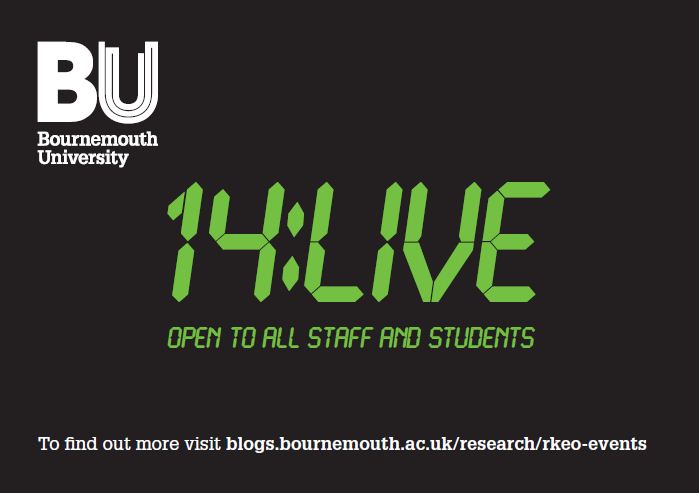
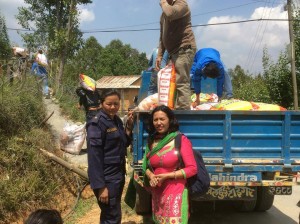
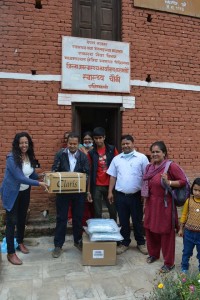




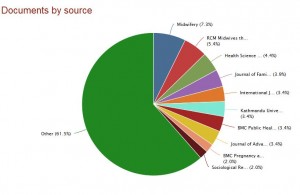

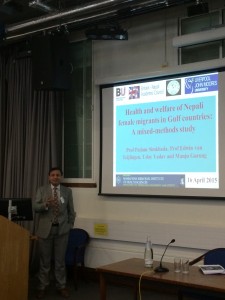
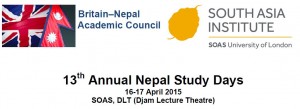
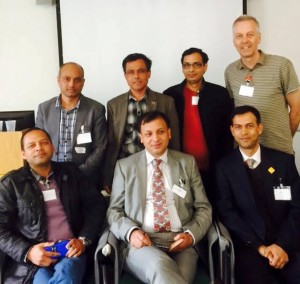
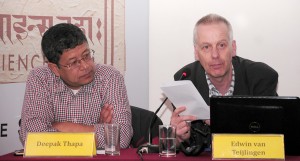

 We regularly conduct workshops and training sessions on academic writing at home and abroad. Yesterday afternoon I did one in Kathmandu for staff at Social Science Baha and Green Tara Nepal. There were the usual comments and queries about authorship, references, length of papers or sections of
We regularly conduct workshops and training sessions on academic writing at home and abroad. Yesterday afternoon I did one in Kathmandu for staff at Social Science Baha and Green Tara Nepal. There were the usual comments and queries about authorship, references, length of papers or sections of 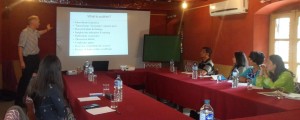
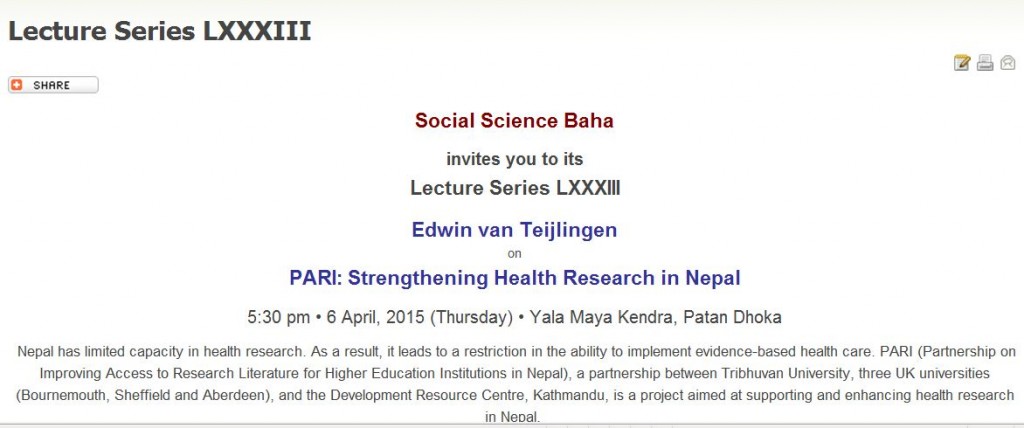

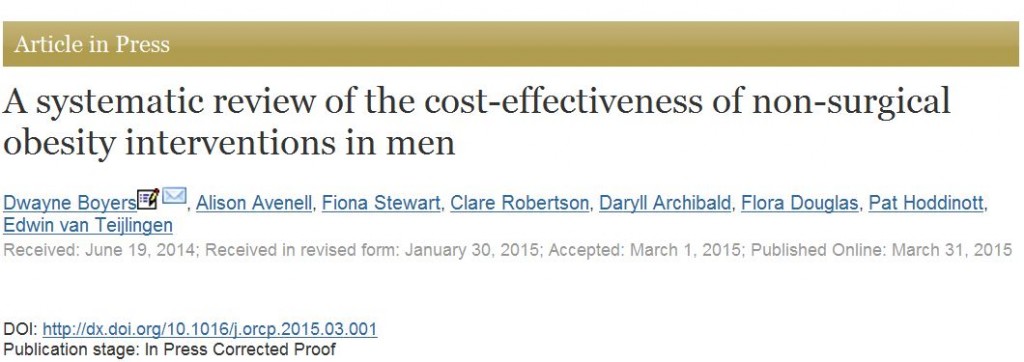











 Dr. Ashraf cited on ‘Modest Fashion’ in The Guardian
Dr. Ashraf cited on ‘Modest Fashion’ in The Guardian NIHR-funded research launches website
NIHR-funded research launches website Academics write for newspaper in Nepal
Academics write for newspaper in Nepal New paper published on disability in women & girls
New paper published on disability in women & girls MSCA Postdoctoral Fellowships 2025 Call
MSCA Postdoctoral Fellowships 2025 Call ERC Advanced Grant 2025 Webinar
ERC Advanced Grant 2025 Webinar Horizon Europe Work Programme 2025 Published
Horizon Europe Work Programme 2025 Published Horizon Europe 2025 Work Programme pre-Published
Horizon Europe 2025 Work Programme pre-Published Update on UKRO services
Update on UKRO services European research project exploring use of ‘virtual twins’ to better manage metabolic associated fatty liver disease
European research project exploring use of ‘virtual twins’ to better manage metabolic associated fatty liver disease